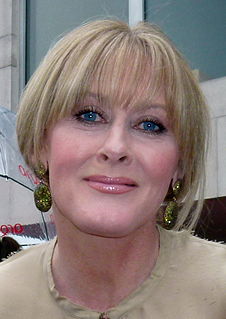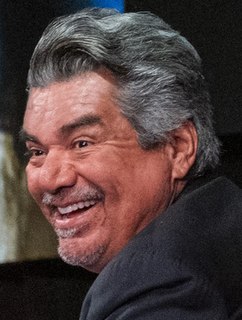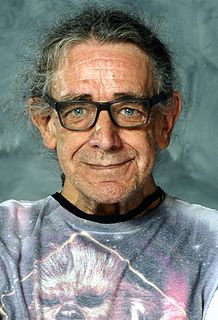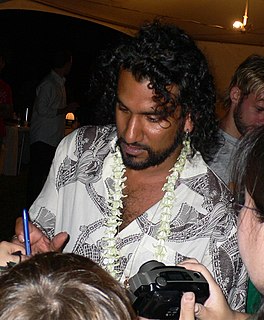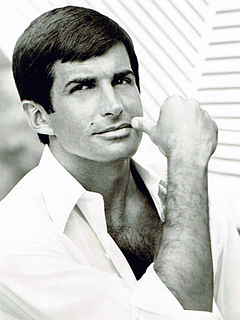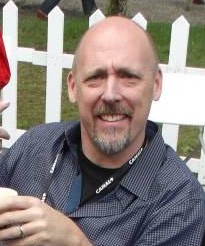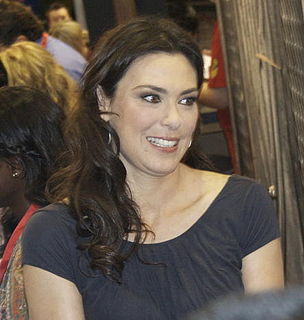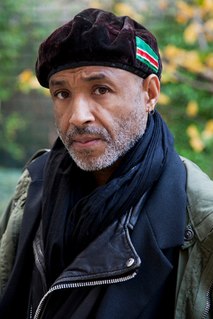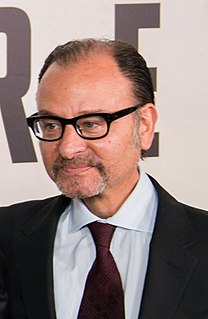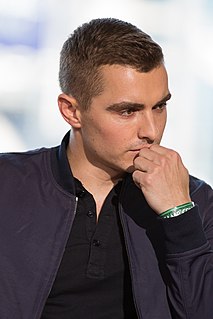A Quote by Sarah Lancashire
You know when a script is good but you don't have any knowledge how visually it is going to look. When this [Happy Valley] came out and I saw the first episode and thought it was terrific.
Related Quotes
When you start out as an actor, you read a script thinking of it at its best. But that's not usually the case in general, and usually what you have to do is you have to read a script and think of it at its worst. You read it going, "OK, how bad could this be?" first and foremost. You cannot make a good film out of a bad script. You can make a bad film out of a good script, but you can't make a good film out of a bad script.
At MGM there was a script cage in the basement where they’d show rushes. And I thought to myself, “How do I get into the script cage and find out what my future is?” I climbed into the script cage one night and spent the whole night in there. I saw the bowels of MGM. I saw the studio scripts that the producers had seen; the writers had just handed them in. And I started thinking this is a chance to pick my own roles.
The great thing about working in comics is that visually, you're the sole voice. You have to figure out the staging, the lighting, the composition, the character emotions, the action. You get a script, but you're trying to work it out in individual panels. It's a terrific exercise in creative thinking and creative problem-solving.
When I started, the scripts weren't as good, and you'd have to have a huge burst of energy to go, "Sheesh, how am I going to? This stuff's no good." So you'd have to improvise something or create something or try to work with the ware and try to figure out, how do you make this visually and orally acceptable, entertaining? Nowadays, the scripts are just so much better, that you don't have to feel that way. You feel like the script's coming to you, you can just relax. You don't have to drive the boat.
One of the most amazing things that came out of 9/11 was all the pictures taken by amateurs, by people just going to work or coming or saw what was going on and took it. But all forms and various types of cameras, and when you look at that body of work you just see the impact of how photography is - when I taught once, I said that you have to be ready now for any event.
We do want the freedom to move scenes from episode to episode to episode. And we do want the freedom to move writing from episode to episode to episode, because as it starts to come in and as you start to look at it as a five-hour movie just like you would in a two-hour movie, move a scene from the first 30 minutes to maybe 50 minutes in. In a streaming series, you would now be in a different episode. It's so complicated, and we're so still using the rules that were built for episodic television that we're really trying to figure it out.
When I'm improvising, I'm out of my head. I've done a lot of projects recently where there hasn't been a script. It's all been based on outlines. At first, that's terrifying, just because you don't have the words in front of you and you don't know how it's going to come out, but that's what's really exciting about it. You don't know what's going to happen. It really forces you to listen to the other people, and I think the most natural acting comes out of that.
